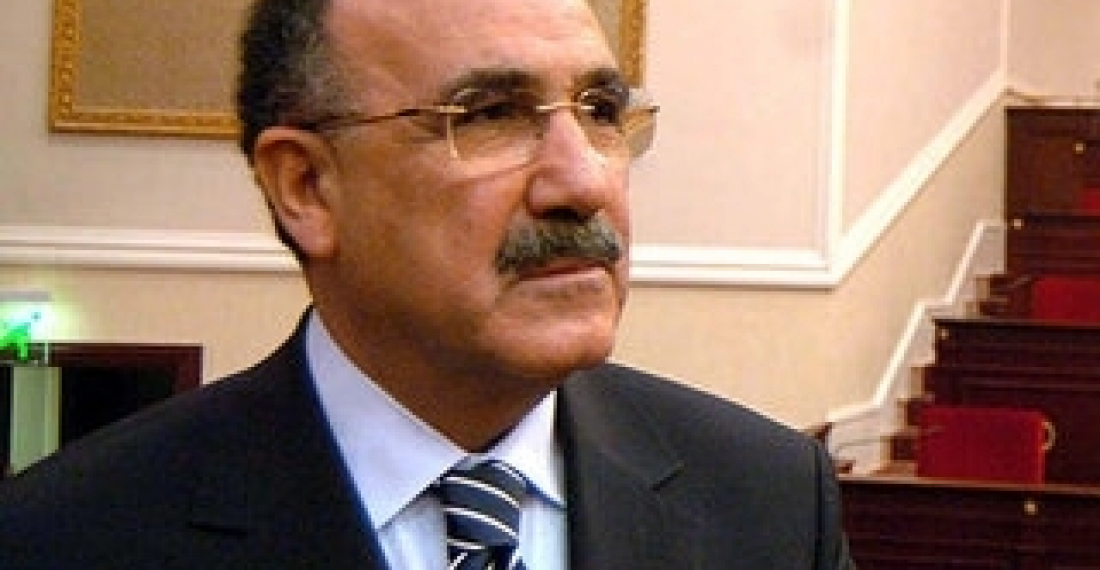Turkey's interior minister has criticized media for misquoting his remarks over Turkey's initial refusal of international offers of aid, claiming that he did not mean to say that the Turkish government wanted to test its capacity by refusing foreign aid. Zaman reports.
Besir Atalay, who is also deputy prime minister, said at a press conference last Saturday in Van that Turkey had not readily accepted search-and-rescue teams from foreign countries in the wake of a magnitude 7.2 quake in the eastern province of Van because it wanted to test its own capacity to respond to such a disaster.
Turkey initially declined offers of aid from other countries, saying it could handle the disaster alone, but Ankara accepted many offers of help two days after the quake when it became apparent that quake victims were in need of immediate shelter as winter closes in.
Countries, including Israel and neighboring Armenia, then sent tents and prefabricated houses to help victims. The United States also said on Friday it would supply tents, containers and prefabricated housing.
Atalay's office said in a statement on Monday that rescue operations after the earthquake was effective and that he only mentioned that supply of tents was somehow problematic. The statement said it is clear that all resources will be mobilized for victims of a natural disaster instead of capacity testing.
Atalay also blasted media outlets for taking out a single sentence from a 45-minute live speech and said this cannot be justified by objective reporting.
Turkey's interior minister criticizes media for misquoting his remarks over Turkey's initial refusal of international offers of aid
Turkey's interior minister criticizes media for misquoting his remarks over Turkey's initial refusal of international offers of aid







